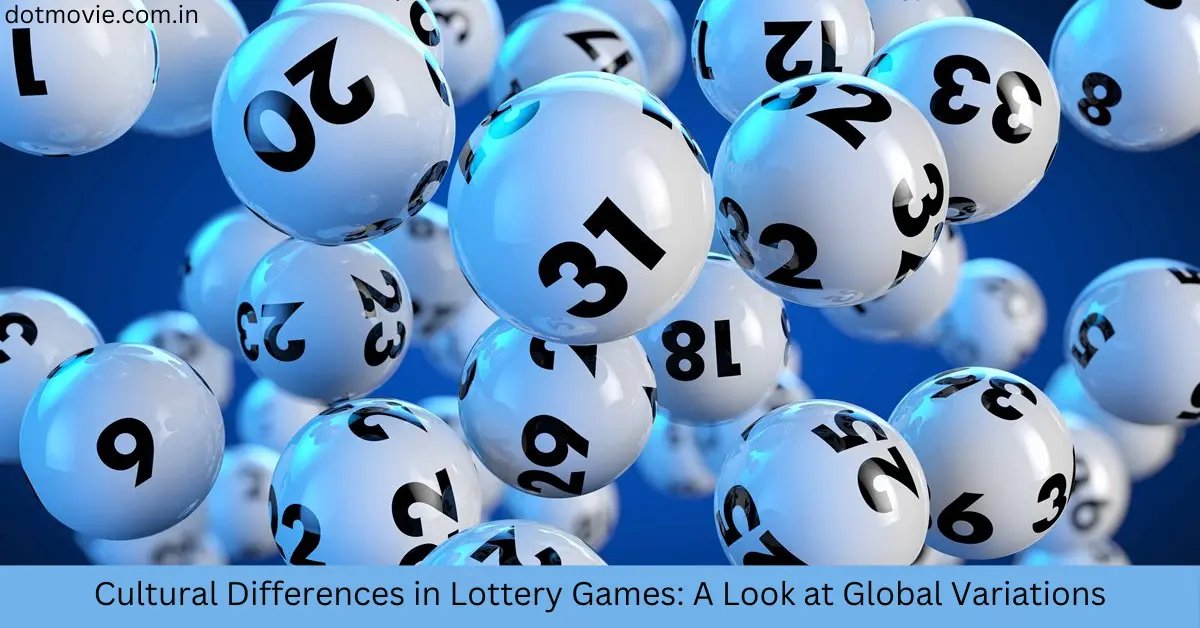
Cultural Differences in Lottery Games: A Look at Global Variations
Lottery games are a unique global phenomenon influenced by local culture and ways of playing. Regardless of their type, lotteries reflect something about the societies where they are played. From the extravagant jackpots of the American Powerball, which has the biggest jackpot in history, to traditional games in Asia and Europe, lotteries represent the values and traditions, as well as economic conditions, of their respective societies.
North America: Powerball and Mega Millions
The Powerball and Mega Millions are two of the most well-known lotteries in the US. Powerball has the biggest jackpot, including a record payout of $2.04 billion in November 2022. This enormous jackpot is because of a particular game’s mechanics that optimize ticket sales and the excitement among players. The chances of hitting the Powerball jackpot are about 1 in 292 million — and that’s kind of the point, drawing more players as jackpots increase through rollovers when someone does not win.
Culturally, lotteries in the U.S. are part of the narrative that everyone can strike it rich — if only they have the luck to do so. The media coverage of these massive jackpots only reinforces this idea, as it focuses on enticing casual lottery players.
Europe: Diverse Approaches
European lotteries are quite diverse per country. The UK Lottery, for example, combines traditional draw and instant win games, while Spain’s El Gordo is known for its Christmas lottery, which allocates many prizes to multiple winners. Where the Powerball zeroes in on just one jackpot, El Gordo shines a light on community involvement and holiday cheer—things Spaniards celebrate differently.
The SuperEnalotto, the game with the most significant payouts in Italy, is simple to play. The format of the game creates massive jackpots, comparable to American lotteries, but the odds remain tough. Also, many European countries have adopted online lottery websites to make it easier for people to participate.
Asia: Where Traditional Meets Modern
Asian countries combine the traditional lottery with modern gaming trends. For instance, the Welfare Lottery and Sports Lottery in China are state-managed lotteries that help fund social welfare projects. Chinese enter a drawing for entertainment and use them to support community projects at the same time.
Japan boasts a beautiful tradition, Takarakuji, which perfectly intertwines elements of chance with local culture. Japanese lottery, in many cases, is connected to the seasons and, rather than simply being a game, is part of larger cultural celebrations. On the other hand, Lotto 6/45 has been gaining traction in South Korea because of its simple format and more favourable odds compared to other lotteries from around the world.
Latin America: Focus on Community
Lotteries in Latin America are a major fundraising vehicle for social causes. Take Colombia’s Baloto, which has big prizes and funds social programs and projects. Brazil’s Mega-Sena is famous for its huge jackpot prizes. Still, it also celebrates them by involving the community, for instance, by organizing local events in the area of a lottery draw.
The culture of these lotteries generally carries much more of this community spirit, where there is a common desire to improve the living standards in the area. For many participants see buying lottery tickets as their contribution to the community that just might pay off personally.
Conclusion
The lottery games played around the world reveal so much about a nation’s culture and economy. How each country handles the lotteries offers a window into just how much culture influences these quotidian concepts as risk and reward.
